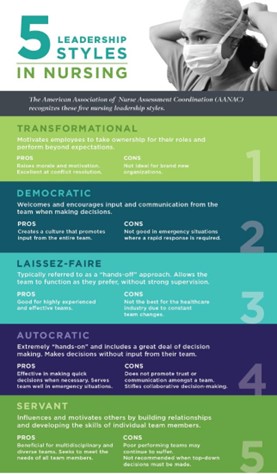What is a nurse's best protection against negligence or malpractice?
Asking permission from the managing nurse prior to performing any duties.
Following the standards of practice.
Never be alone with a patient.
Recording patient interactions with your phone.
The Correct Answer is B
A nurse's best protection against negligence or malpractice is to follow the standards of practice. These standards define the acceptable level of care that a nurse is expected to provide and are based on current evidence and professional consensus. By adhering to these standards, a nurse can demonstrate that they have provided care that meets the expected level of quality and safety.
The other options are not the best protection against negligence or malpractice. Asking permission from the managing nurse prior to performing any duties [a] may be helpful in some situations, but it is not a guarantee against negligence or malpractice. Never being alone with a patient [c] is not practical or necessary for providing safe and effective care. Recording patient interactions with your phone [d] may violate patient privacy and is not an effective way to prevent negligence or malpractice.
Nursing Test Bank
Naxlex Comprehensive Predictor Exams
Related Questions
Correct Answer is ["A","B","C","E"]
Explanation
When reinforcing teaching with a client about advance directives, the nurse should include topics such as organ donation [a], disclosure of personal health care information [b], durable power of attorney for health care [c], and cardiopulmonary resuscitation [e]. Advance directives are legal documents that allow individuals to communicate their wishes about medical treatment and end-of-life care in the event that they are unable to make decisions for themselves. These topics are all important components of advance directives and should be discussed with the client.
Enteral feeding tubes [d] are not a topic that is typically included in discussions about advance directives. While enteral feeding may be a component of end-of-life care, it is not a specific topic that is addressed in advance directives.
Correct Answer is A
Explanation
The nurse is planning to use a democratic leadership style when conducting an in-service that encourages active member participation and feedback about decreasing nosocomial infections on the unit. A democratic leader values the input and opinions of team members and encourages participation and collaboration in decision-making. By encouraging active participation and feedback from team members, the nurse is demonstrating a democratic approach to leadership.
The other options are not the leadership style that the nurse plans to use in this situation. A laissez-faire leader [b] takes a hands-on approach and allows team members to make their own decisions without providing guidance or direction. An autocratic leader [c] makes decisions unilaterally without seeking input or feedback from team members. An open-door leader [d] maintains an open-door policy and is accessible to team members, but this does not necessarily involve active participation and feedback from team members.

Whether you are a student looking to ace your exams or a practicing nurse seeking to enhance your expertise , our nursing education contents will empower you with the confidence and competence to make a difference in the lives of patients and become a respected leader in the healthcare field.
Visit Naxlex, invest in your future and unlock endless possibilities with our unparalleled nursing education contents today
Report Wrong Answer on the Current Question
Do you disagree with the answer? If yes, what is your expected answer? Explain.
Kindly be descriptive with the issue you are facing.
